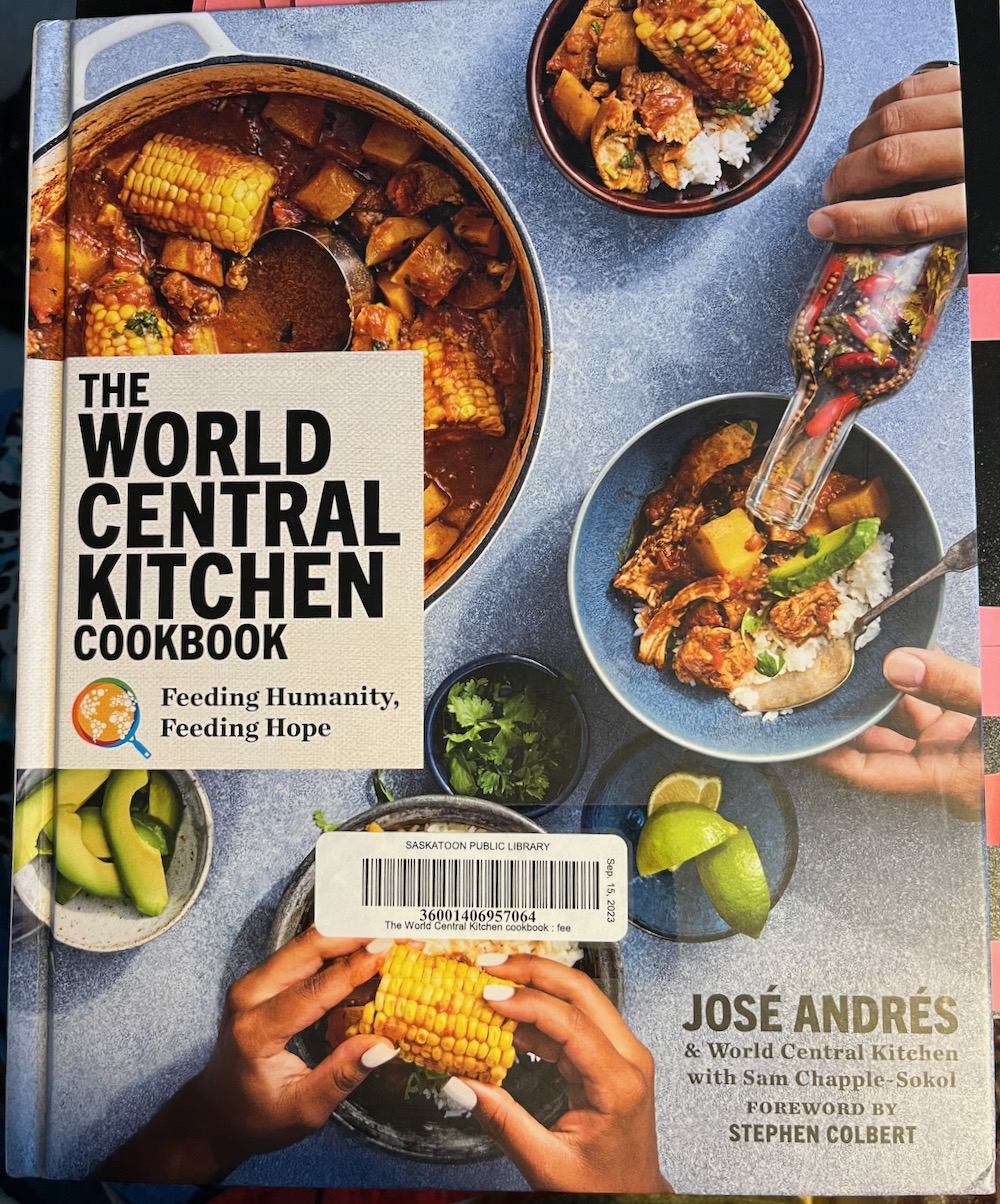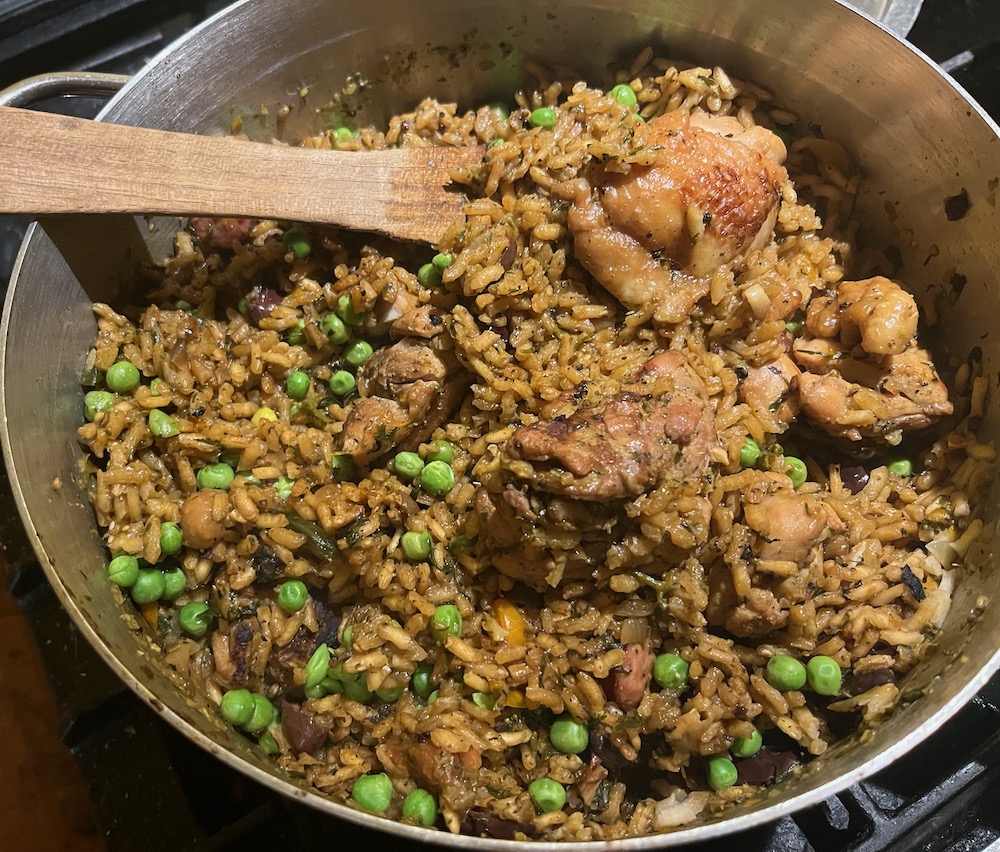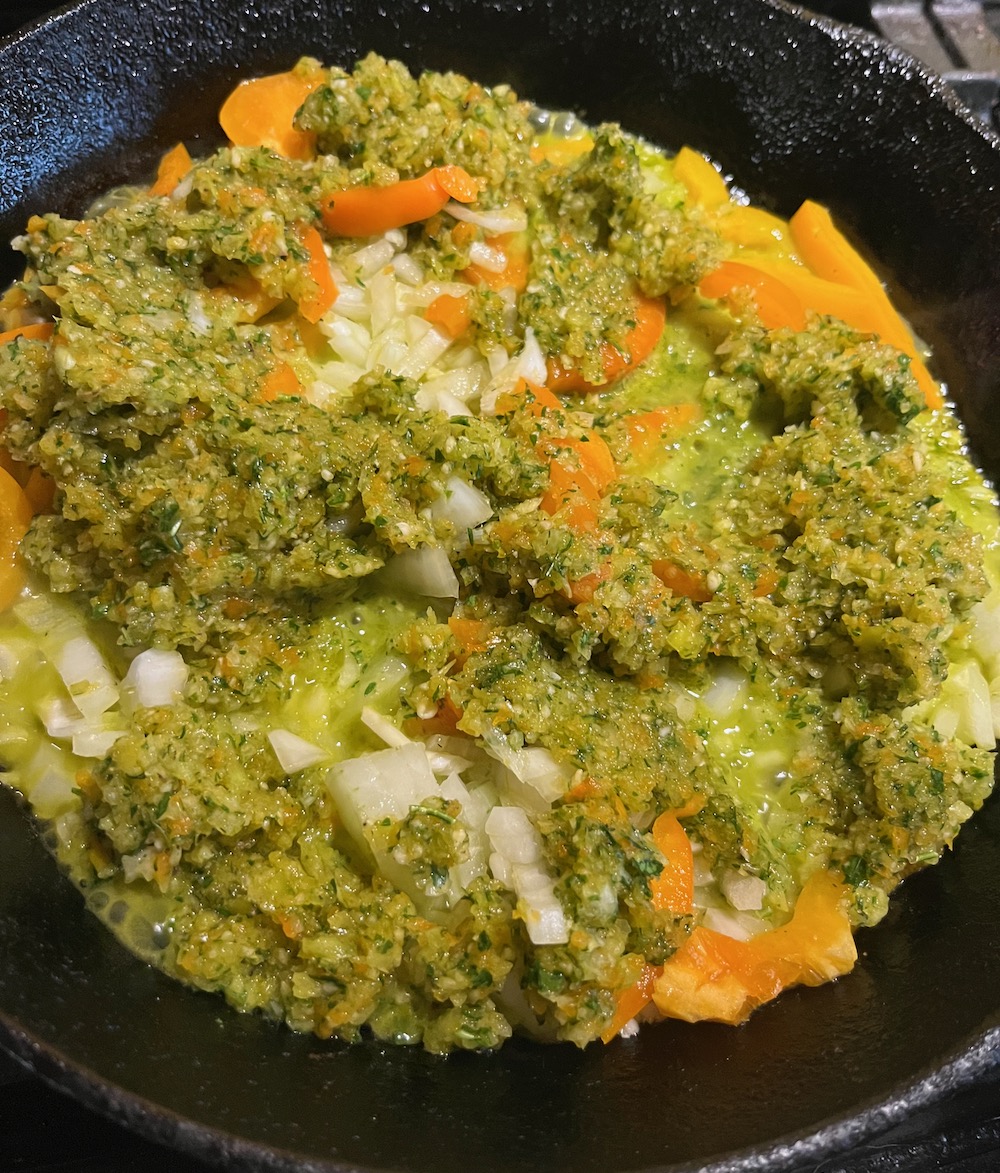How many cookbooks do you own? How many do you need? Which of each year’s new cookbooks are worth buying or borrowing? We’re going to take a look at several over the next few columns. Here’s the first!
Read Also
Recovering from joint replacement surgery
Last issue I wrote about the preparation and potential “pre-hab” strategies I recommend to individuals waiting or pursuing a joint…
Chef José Andrés is famous in North America and his native Spain for his two dozen food businesses: food trucks, markets and Michelin-starred restaurants. He’s twice appeared on Time magazine’s list of the World’s 100 Most Influential People and has received Ukraine’s Order of Merit. He serves on the Earthshot Prize Council, which awards £1 million annually to leading environmentalists to continue their work. Andrés himself received the Bezos Courage and Civility Award, worth US$100 million, given annually to humanitarians who “pursue solutions with courage and civility,” for distribution to non-profits of the winner’s choice. Andrés’ eponymous website’s home page reads, “We believe in bringing people together through the power of food to inspire and empower change.”
How does a chef have such impact? The answer is simple: initiative. Andrés knows that food matters. He is the co-founder of World Central Kitchen (WCK), the non-profit emergency response team that has cooked millions of meals for people in dire circumstances since 2010, when he headed to Haiti to help feed people displaced by an earthquake.
“World Central Kitchen started with a simple idea at home with my wife Patricia: when people are hungry, send in cooks. Not tomorrow, today,” he says.
“The urgency of now” — a direct borrow from the late Martin Luther King Jr. — is never more real than when people are hungry and confronting catastrophe. Andrés realized the prime importance of several things: chefs, feeding the multitudes, disaster relief, supporting local economies. Hurricanes, wildfires, earthquakes, volcanic eruptions, pandemics, refugee camps and war zones — WCK’s staff of chefs (some of whom are huge stars in the culinary firmament), cooks and volunteers partner with local organizations and restaurants, food trucks and emergency kitchens. WCK purchases local ingredients to cook with or give to families in need and listens closely to learn what foods will comfort those who need comforting. The mantra is boots-on-the-ground action, but the attention to logistics is phenomenal — as it must be, to feed thousands.

The World Central Kitchen Cookbook is a 2023 collection of global recipes from Andrés, his colleagues and friends of the organization. They’re arranged not by ingredient, season, or menu plan, but by the tenets of the WCK: empathy, equity, collaboration, adaptability and sustainability. A lengthy essay opens each chapter, and colour photos from the front lines put faces on the heroes in aprons. It’s an engaging and hopeful read, with a goal of “Longer tables, not higher walls.”
If I find half a dozen recipes of interest in a book, it’s a good deal. This book has me wanting to cook almost everything. So first we cook, then we talk about how to support those in need.

photo:
dee Hobsbawn-Smith
Arroz con Pollo
Adapted from The World Central Kitchen Cookbook. Almost half of the globe’s human population eats rice daily. A dish like this in Spain is called paella; in India, made with long-grain basmati rice, it’s called biryani. In Puerto Rico, after Hurricane Maria, WCK’s kitchen crews used four-foot paella pans to cook 175 lbs. of chicken and 50 lbs. of rice, enough to serve 500 hungry souls. At peak, they cooked 10,500 lbs. of chicken and 3,000 lbs. of rice, every day, to feed 30,000 people, every day. The team remained in Puerto Rico for six months after the hurricane, serving almost four million meals prepared by 20,000 volunteers in 20 kitchens and 10 food trucks island-wide.
At home, use a paella pan or Dutch oven. Kalamata olives give the dish a pronounced olive inflection.
Serves 6.

photo:
dee Hobsbawn-Smith
Sofrito:
- 2 onions, diced, divided
- 1 head garlic, minced, divided
- 1 red bell pepper, roughly chopped
- 1 banana or Cubanelle pepper, chopped
- ¼ c. minced cilantro
Paella:
- 3 Tbsp. olive oil
- ½ bell pepper, sliced in strips
- 1 stick pepperoni, sliced
- 1 plum tomato, diced
- ½ c. pitted green or kalamata olives
- 3 lb. skinless, boneless chicken thighs and drumsticks, halved
- kosher salt and freshly cracked black pepper
- 1 lb. short grain arborio or Spanish bomba rice
- 5 c. chicken stock, heated
- 1 bunch cilantro, minced
- 1 c. fresh or frozen peas
- hot chili sauce for garnish
To make sofrito, puree half the onion and half the garlic with peppers and cilantro in a food processor.
Heat oil in a heavy-bottomed large pot. Sauté remaining onion and garlic with sofrito for 10 minutes. Add pepper, pepperoni, tomato and olives and cook until soft, about 5 minutes. Add chicken, season with salt and pepper, and cook until browned, about 5 minutes, turning once or twice.
Stir in rice, then add stock and cilantro. Bring to a boil and cook uncovered for about 15 minutes, or until stock has evaporated. Cover snugly and reduce heat to low. Cook for 20 minutes, or until rice and chicken are fully cooked. Fluff the rice and add peas. Let stand for 2 minutes. Serve with hot sauce on the side.
This post was originally published on here







